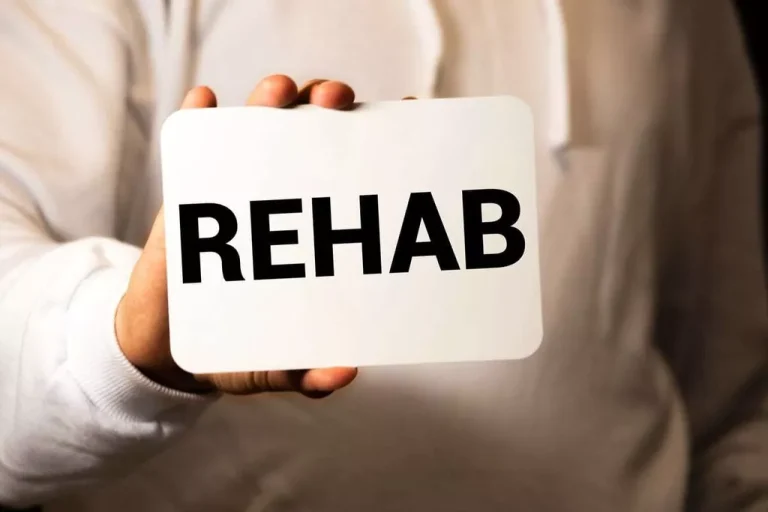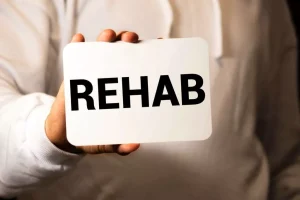

Using either substance can contribute to insomnia, especially when you use it closer to bedtime. Because your body is already hyperactive from withdrawal, it is best to avoid caffeine and nicotine altogether until you finish detoxing from alcohol. The duration of alcohol withdrawal insomnia varies but typically improves over a few weeks. Rehab is instrumental in managing this condition, offering structured support, setting regular sleep schedules, and incorporating relaxation techniques. Professional guidance ensures a safe and effective strategy for overcoming withdrawal-induced sleep disruptions.


3. Do complex phenotypes involving insomnia and circadian rhythm abnormalities co-exist?
One study on binge drinking and insomnia found that people who binged two days a week had an 84% higher chance of having insomnia. The major issue is that people may not feel the negative effects at first. They can try it a few times and think their sleeping problems are cured. Eventually, however, they notice that they are tired when they wake up. The solution seems simple; they have another beer, another glass of wine, alcoholism symptoms another shot.


Struggling With Insomnia During Detox?
- There is some inconsistency in the literature relating to REM sleep abnormalities during sustained recovery.
- She founded her own dietary supplement company specializing in custom-formulas, some of which have patents.
- It is more often consumed at night, also called a nightcap, and may negatively affect your sleep.
- These effects hinder recovery and pose barriers to early sobriety.
- It’s also helpful to maintain good sleep hygiene practices like having a consistent sleep schedule and creating a restful sleep environment.
This means that you’ll wake up more frequently in the early hours. Alcohol can disrupt your sleep and reduce your ability to have consistent REM sleep. When consumed before bedtime, alcohol can increase your risk of experiencing insomnia and its related symptoms. Meditation, in particular, aims to focus the mind and detach it from daily insomnia after drinking stressors that could hamper sleep quality.


The Importance of Support Groups
Alcohol’s negative effects on sleep quality worsen after several nights of drinking. Studies have shown that short-term alcohol use can shorten the time it takes to fall asleep. Individuals who have attention deficit hyperactivity disorder (ADHD) are also particularly affected by insomnia. A 2020 study found that people with ADHD are more likely to consume alcohol to treat their insomnia symptoms.
- Ideally, you should wake up and go to bed at the same time each day.
- But when you combine these substances, their sedative effects amplify each other, and not in a good way.
- A Sleep Apnea Evaluation is necessary, as untreated sleep apnea can worsen insomnia.
- The SAMHSA National Helpline offers confidential help for anyone struggling with alcohol withdrawal.


People dealing with alcohol withdrawal insomnia should avoid taking medications not prescribed by a physician. However, treatment specialists have found certain medications, such as acamprosate, useful in https://ecosoberhouse.com/ treating people battling insomnia during alcohol withdrawal. Treatment for alcohol withdrawal insomnia often involves a combination of therapy, lifestyle changes and choosing a medication for alcoholism. Nonpharmacological treatments are often used by medical professionals because many medications for insomnia can be addictive.
- However, the Journal of Addiction Medicine reports that some sleep disturbances may persist for several months or longer.
- Dr Browning agrees that ‘many people with problems falling asleep use alcohol to help them fall asleep faster’.
- Contact a Recovery Advocate today to learn how our evidence-based alcohol addiction treatment programs can help you sleep well again.
- These adjustments, often emphasized in rehab programs, contribute to a smoother recovery process.
- If alcohol continues to disrupt your overall sleep quality, you may consider cutting it out entirely, or limiting your intake before bedtime.
Conversely, the “morning” type individual (greater morningness) prefers an earlier bedtime and an earlier rise time. Moreover, chronotype is a dynamic trait that changes across the lifespan. As children grow older and approach adolescence, many of them may experience a shift towards eveningness, a phenomenon seen commonly in boys 11. Beyond the second decade of life, individuals tend to revert back towards morningness 12. The clinical significance of eveningness is that emerging evidence has linked it with an increased risk for psychopathology such as alcohol misuse 5.










